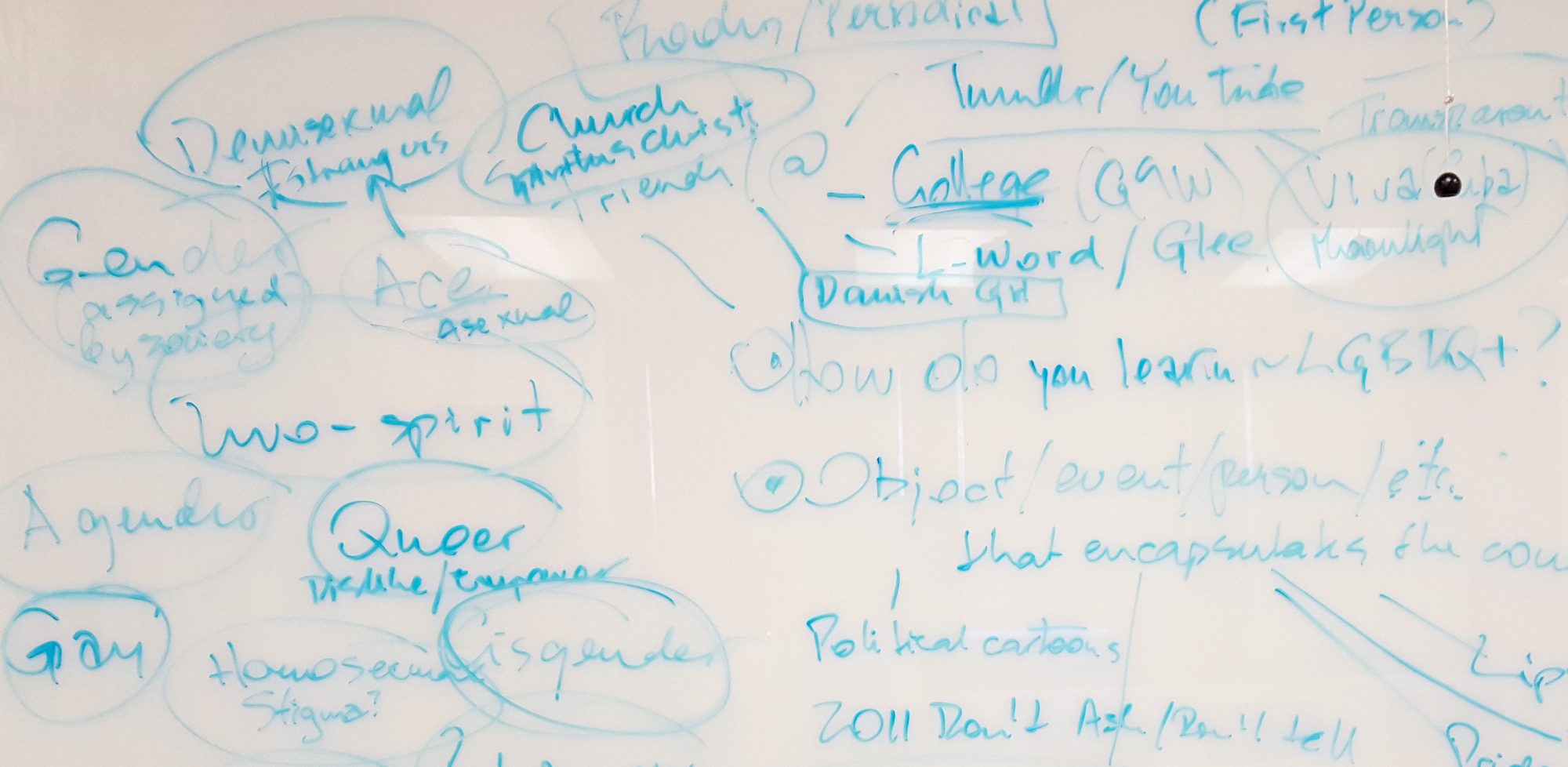Let me just say, that I LOVED this documentary! This film was so beautifully put together I found myself emotionally overwhelmed at many points while watching. Between the telling of Major’s story or of the lives of the other women, I felt so connected to these women and was empathetic to their struggles and pain. I also greatly appreciated the fact that the film was focused on the lives of Trans women of color. When I first entered the class, I know that the Trans women of color voice was an aspect that I noticed was missing from our class discussions. So it was nice to be able to have something that was solely focused on this ideas. I feel as though this film is a beautiful piece and that people should watch it out of pure enjoyment but also for educational purposes.
I feel like the film overall was extremely informative. The things that stood out to me the most was learning about TGIJP (Transgender, Gendervariant & Intersex, Justice, Project). This was an organization that I didn’t have any prior information about. I think the first time I started thinking about the Trans presence in the prison system was when I first started watching “Orange is the New Black” which was a popular Netflix series. I think that the issues that Sophia Burset (Laverne Cox) went through in the system spoke to watch went on behind bars. Through the documentary I think it became that much more learn and significant to my understanding of the issue. I personally loved the message that the organization fights for, just the fact that it is lead and organized by a group of Black Trans women is amazing. But what’s more amazing than that is the fact that they, themselves, have been to prison and want to advocate and offer support to other Trans women. I just was so taken aback at how beautiful that is. These women have been tortured and mistreated, beaten, raped and ridiculed while behind bars but that doesn’t kill their spirit.
Something that I found myself wondering about was if Rochester’s Trans committee would benefit from a program such as TGIJP? I think that without a doubt the answer is yes. After watching this film I honestly believe that their needs to be more programs designed to help strengthen the Trans committee. One issue that come to mind was how Major talked about how she found it difficult to find work while she was transitioning/transitioned. I think that if organizations and companies worked closer together that they should develop programs that would work to help Trans people who have served their sentences, find and keep steady forms of work. These women are looking for a fresh start but if they can’t find work and have a means to sustain themselves then it is a cycle like Major said. Trans people just like everyone else need to survive and be clothed. I think our society needs to do more for the progression of the Trans community. These people are still fighting and pushing to make their voices heard and know. I commend their hard work, determination and spirit, because they “Are Still Fucking HERE!”

